
WELCOME.
Well-informed clinicians, educators, parents, and caregivers are vital advocates for a child's mental well-being.
At Child Therapy Guide, we create and provide resources that empower the community to recognize symptoms, seek guidance, and foster a nurturing environment for a child's development. Utilize our free printable worksheets and explore our recommended books and materials that support behavioral management and social and emotional learning. Our goal is to bridge the gap between mental health concerns and accessible support.
Navigating the world of pediatric mental health can be overwhelming, let us be your guide.
Parties, events, and traditions around the holidays often alter our daily routines. This can be especially disruptive to kids who struggle with mental flexibility. With anticipated disruptions in mind, try our holiday preparedness conversation starters to promote social skills, confidence, problem-solving, and emotional regulation by helping kids feel heard, understood, and excited about the possibilities that lie ahead.
Preparedness in kids (and adults!) contributes to overall well-being and can significantly reduce dysregulated feelings and behaviors.
Understanding what type of therapy is best for your child can be overwhelming. This comprehensible post breaks down 6 common modalities used by child therapists: play therapy, family therapy, dialectical behavioral therapy (DBT), acceptance and commitment therapy (ACT), parent-child interaction therapy (PCIT), and cognitive behavioral therapy (CBT). Once you understand what might be the best fit for you child, you can search for an appropriate licensed child therapist near you!
Recognizing and embracing the unique strengths and challenges associated with ADHD is the first step in supporting a child’s development.
Here, we explore symptoms, diagnosis, management, and advocacy of ADHD to cultivate open communication and collaboration between parents, educators, and clinicians to create an environment that celebrates and supports a child’s individuality.
Read on for more information and a free printable handout!
When it’s time to seek therapy for your child, the options can seem endless. Read on for answers to 6 common questions about child therapy!
Our collection of free printable parenting tools offers practical, easy-to-use resources to improve communication, encourage positive behavior, and create a nurturing home environment.
Our self-perception can shape how we examine our thoughts. For example, a child with a positive self-perception may get a low grade on a spelling test and think, “I didn’t do well, I’ll study more next time.” While a child with a negative self-perception may think, “I didn’t do well, I’m stupid.”
When helping kids examine their thoughts, it is important for them to sort fact from opinion. Are you stupid or were you underprepared?
We’ve collected 5 children’s books and 5 free resources that guide kids through the process of identifying, expressing, and coping with angry feelings in constructive ways. Through storytelling, we can validate the experience of anger while providing supportive navigation.
Exploring cause and effect with kids helps them to understand the physical, social, emotional, and functional consequences of behaviors. This reflection on behaviors allows them to appropriately repair negative or unintended consequences, and refine future behaviors to seek positive outcomes.
Read on to learn how to talk to kids about Cause & Effect!
A creative outlet can be a powerful coping tool. Read on to explore our free resources for art therapy, creative writing, and sensory activities.
When working with victimized kids, it can be helpful to talk about preserving their “light” over confronting the bully. Some kids feel empowered to stand up to their bully, but many lack the social supports and/or confidence to successfully navigate a confrontation. In these cases, remind them that they don’t have to do anything except shield their light.
We have collected 10 of our free printable resources to help kids find their light and build self-esteem.
Kids are often in positions where they can’t change their circumstances and this lack of control can lead to feelings of despair and negative self-perception. So how can we help them find ways to exercise self-efficacy within the confines of childhood? Connect them with their future selves!
We have created two free, printable exercises to help kids think about their present situation, how they would like things to be different, and their aspirations for the future.
Our free printable infographics make complex concepts about emotional and behavioral health more accessible so that caregivers, clinicians, and educators are better able to understand and engage with the therapeutic process.
We aim to empower the community through user-friendly psycho-education, skill building, and practical application—because a deeper understanding of mental and behavioral health increases awareness, reduces stigma, and encourages early intervention.
“Would you rather…?” questions encourage kids to consider and compare outcomes while learning to articulate personal preferences. The exploration of likes, dislikes, passions, and outcomes builds confidence and supports emotional development.
Read on for access to our free printable resources that promote meaningful conversation!
A good scavenger hunt inspires exploration of the environment while honing observation skills. Encourage movement, spark curiosity, and practice mindfulness with our FREE PRINTABLE SCAVENGER HUNTS.
Summer is great time to engage with kids in fun, creative ways! Through play-based learning, art prompts, nature exploration, mindfulness exercises, and team-building games, kids can grow, connect, and thrive during summer break.
Check out our summer recommendations and free printable activities!
Our free printable therapeutic activities provide creative outlets for kids to explore their emotions, understand their behaviors, and develop essential coping skills.
Suicidal ideation among children and adolescents is a growing concern and an uncomfortable reality, but awareness contributes to prevention.
Intense emotional pain is often dismissed in young people, but many face overwhelming stress, trauma, or challenges that can lead to unsafe thoughts or behaviors. Early recognition and open conversations are essential for risk reduction.
Emotional regulation is often equated with calmness, but that’s not the whole picture. Rather, emotional regulation is effective management of all emotions. Anger, sadness, frustration, jealousy, grief, excitement, shock, elation, fear are not generally “calm” emotions, but a person can experience them from a place of governance.
Read on to learn more, and explore our free printable resources!
Perspective-taking takes practice, but it is essential for helping kids develop empathy, emotional intelligence, and prosocial skills. The value of being able to decode the motives of others is the ability lead with compassion, resilience, and logical reasoning. Read on to learn more about perspective-taking through storytelling!
Exploring a child’s interactions with peers can be a glimpse into their emotional well-being and social functioning. These early relationships are where children practice empathy, navigate conflict, and form a sense of identity outside the family unit.
Read on to learn more about helping kids to prepare for and manage social challenges!
By identifying house rules in terms of “dos” and “don’ts,” kids (and adults!) can benefit from clear boundaries and expectations. Read on to access our free printable PDF to outline household “dos” and “don’ts,” and use this tool to promote respect, cooperation, and accountability at home.
By visually tracking progress on a sticker chart, we can help kids increase motivation, develop self-discipline, and reinforce positive habits. Read on to learn best practices for behavior charts!
This free printable art therapy activity highlights two main skills: routine conceptualization and emotional exploration. By preparing for and embracing the natural ebbs and flows of a day, kids can improve their adaptive functioning and lead more balanced lives.
An emotion scale is a therapeutic tool used to help individuals identify, communicate, and track their emotions. Learn more and print our FREE PDF emotion scales!
Practicing mindful movement and skilled attention can help kids manage impulsive behaviors. Most kids struggle with some degree of impulsivity, but kids with ADHD may particularly benefit from games that exercise self-control.
Read on to learn how to play The Statue Game!
A perfectionist aims for the ideal version of a pursuit and has disproportionate feelings of disappointment if they fail to reach their goal. Perfectionism can have many roots, but it is generally tied to a person’s perception of their self-worth.
Read on to learn more about childhood perfectionism and try our simple art therapy activity!
A feeling or behavior pattern develops when a person has a reoccurring emotional and/or behavioral reaction to a cue. These patterns can be adaptive or maladaptive. Read on to learn how to interrupt maladaptive patterns and print our free PDF guide with talking points for kids!
Some teens struggle to manage the stress, anxiety, and depression that often accompany the pressures of academic achievement, social competency, family dynamics, and self-regard. Early intervention can prevent long-term mental health issues by helping adolescents develop a foundation for emotional well-being.
Read on for more information and free resources!
A significant part of anger management is understanding the roots of our anger. The examination of anger contributes to self-empathy and allows for the utilization of targeted coping skills. Read on for more information, recommended resources, and free printable worksheets!
Featured Resources:
-
![Sensory Processing Disorders, FREE Printable Informational Handout]()
Sensory Processing Disorders
Children with sensory issues may struggle with textures, loud noises, crowds, food preferences, etc. These sensitivities are often seen in children with neurodevelopmental disorders such as autism spectrum disorder (ASD) or attention deficit hyperactivity disorder (ADHD), but they can also appear in otherwise typically developing children. Understanding and supporting a child’s unique sensory needs can help them feel more comfortable and engaged in their environment.
-
![Alphabet Feelings, A Free Printable PDF Resource to Explore Emotional Literacy]()
Alphabet Feelings
Emotional intelligence is the ability to understand, name, and recognize feelings in ourselves and others. It is an essential skill for children (and adults!) to cultivate because it forms the foundation for social and emotional development. Alphabet Feelings help kids practice and maintain social and emotional (SEL) growth.
-
![ADHD Free Printable PDF Infographic for Therapy with Kids]()
ADHD Inforgraphic
Recognizing and embracing the unique strengths and challenges associated with ADHD is the first step in supporting a child’s development. Our simple infographic about symptoms, diagnosis, management, and advocacy of ADHD serves to cultivate open communication and collaboration between parents, educators, and clinicians to create an environment that celebrates and supports a child’s individuality.
-
![My Home a Therapeutic Activity for Kids and Teens]()
My Home
Ask kids to draw their home (or homes) and the people and animals that live there. Build a holistic family systems perspective by using the drawing to explore environment and family dynamics.
Who is the best listener? Where do you go when you're sad? Is your home safe?
-
![Types of Child Therapy: Play Therapy, Family Therapy, DBT, ACT, CBT, Parent Child Interaction Therapy Free Printable PDF Infographic]()
6 Types of Child Therapy
Understanding what type of therapy is best for your child can be overwhelming. This comprehensible infographic breaks down 6 common modalities used by child therapists: play therapy, family therapy, dialectical behavioral therapy (DBT), acceptance and commitment therapy (ACT), parent-child interaction therapy (PCIT), and cognitive behavioral therapy (CBT). Once you understand what might be the best fit for your child, you can search for an appropriate licensed child therapist near you!
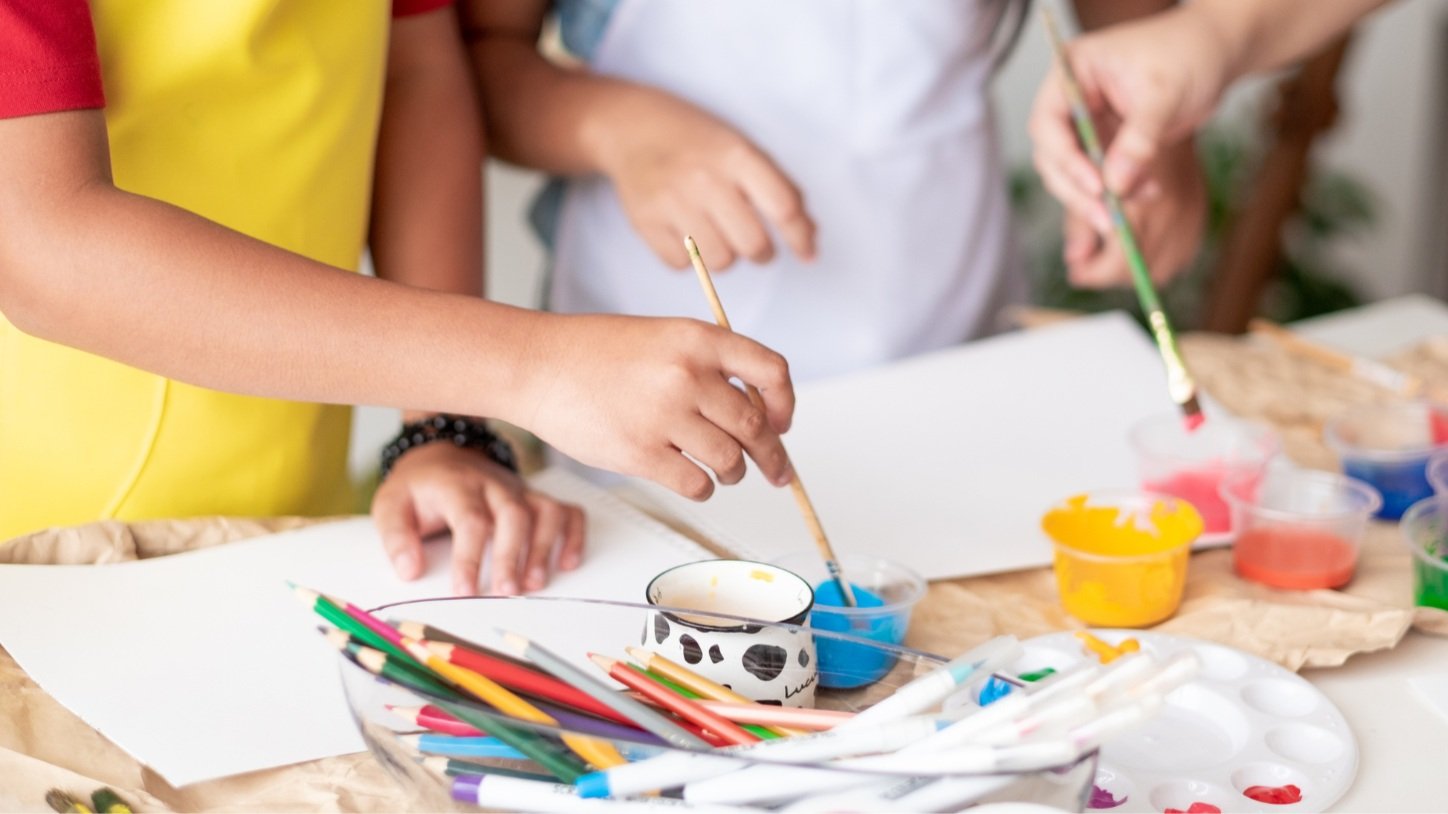
Accessible support for pediatric mental health serves as a protective buffer and offers intervention during critical developmental stages; but the significance of accessible support extends beyond crisis intervention, it lays the foundation for resilience. Children equipped with the tools to navigate social, emotional, behavioral, situational, and psychological challenges grow into adolescents and adults better prepared to cope with life's complexities.
Early intervention is not only an investment in the child, but an investment in society as a whole.








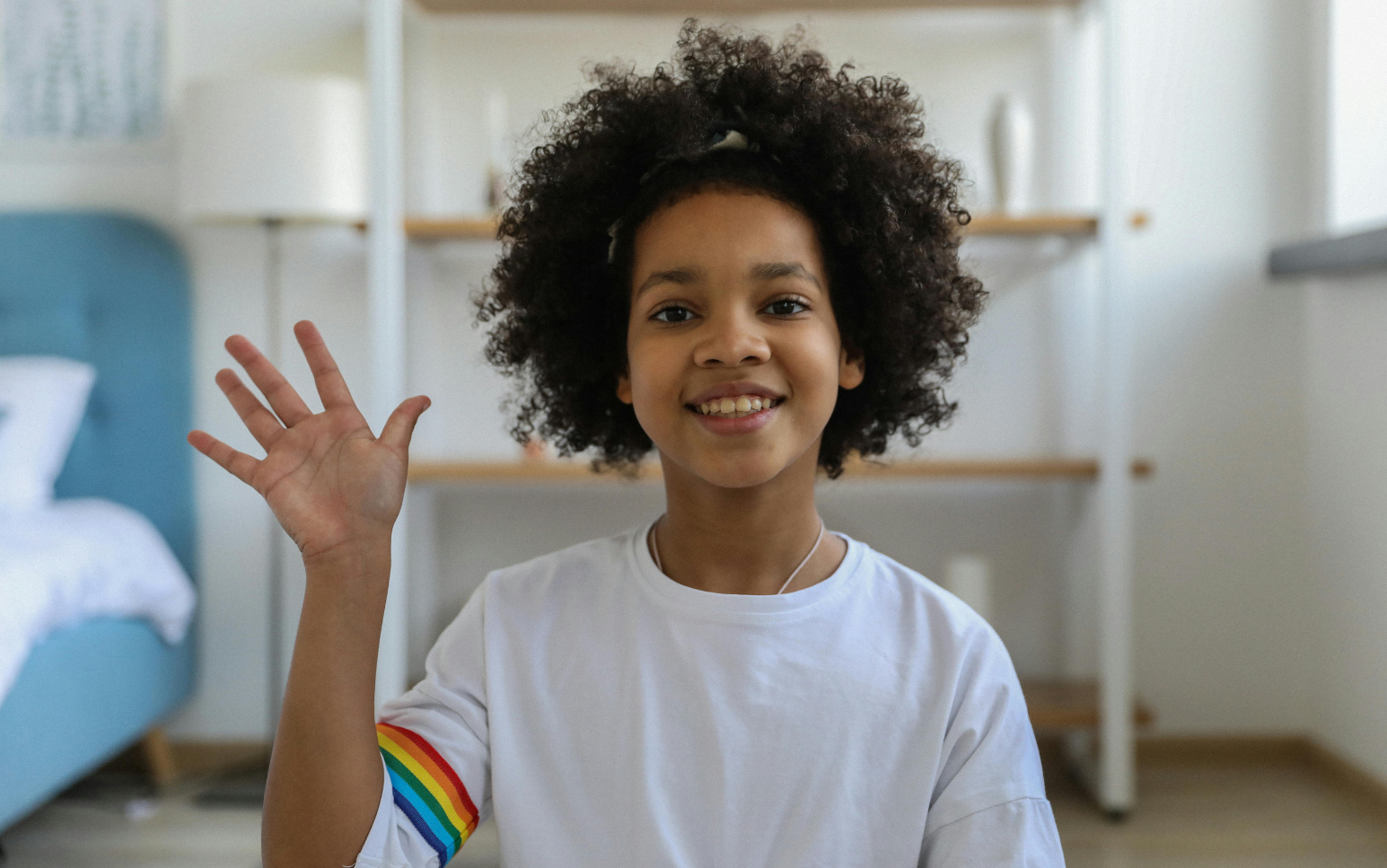

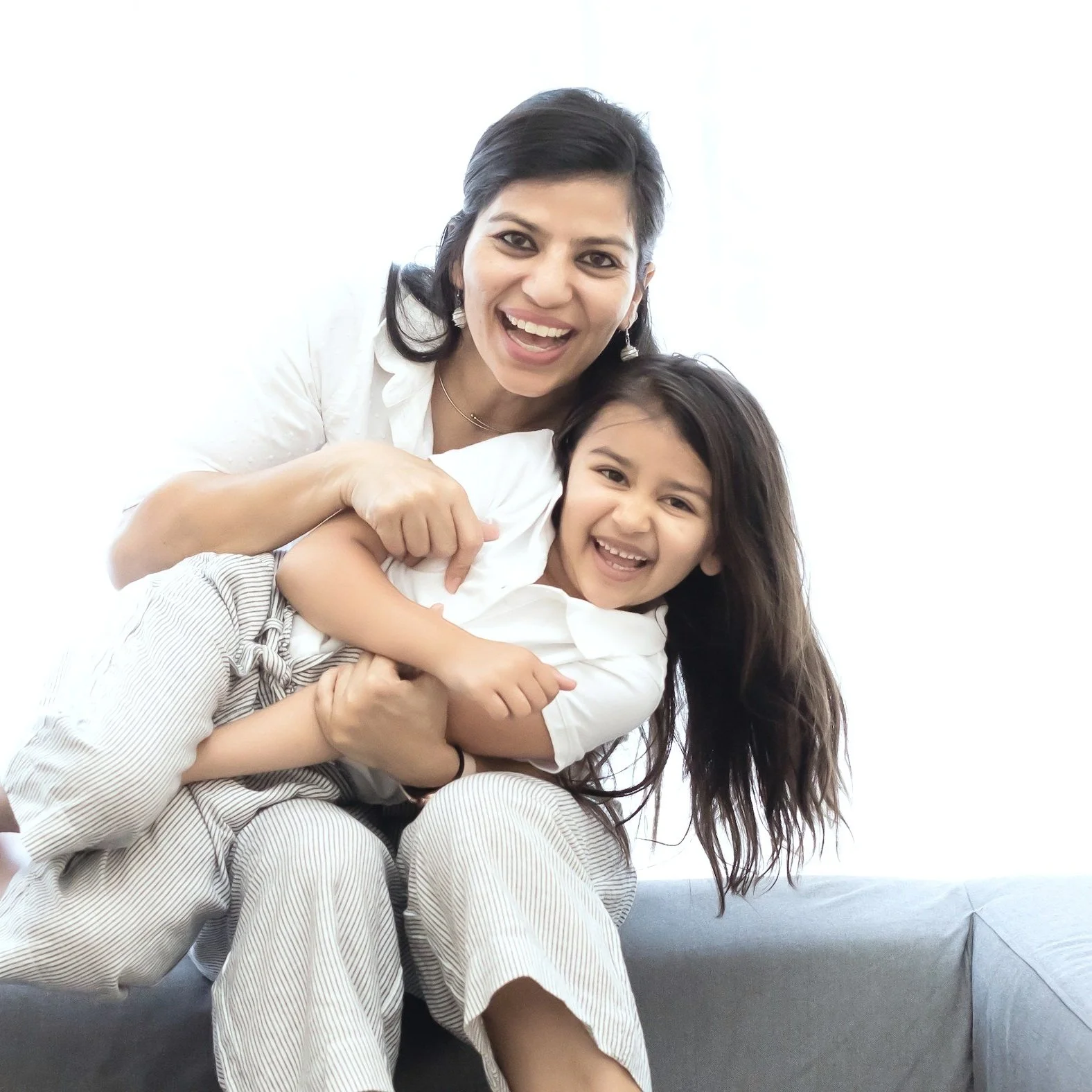
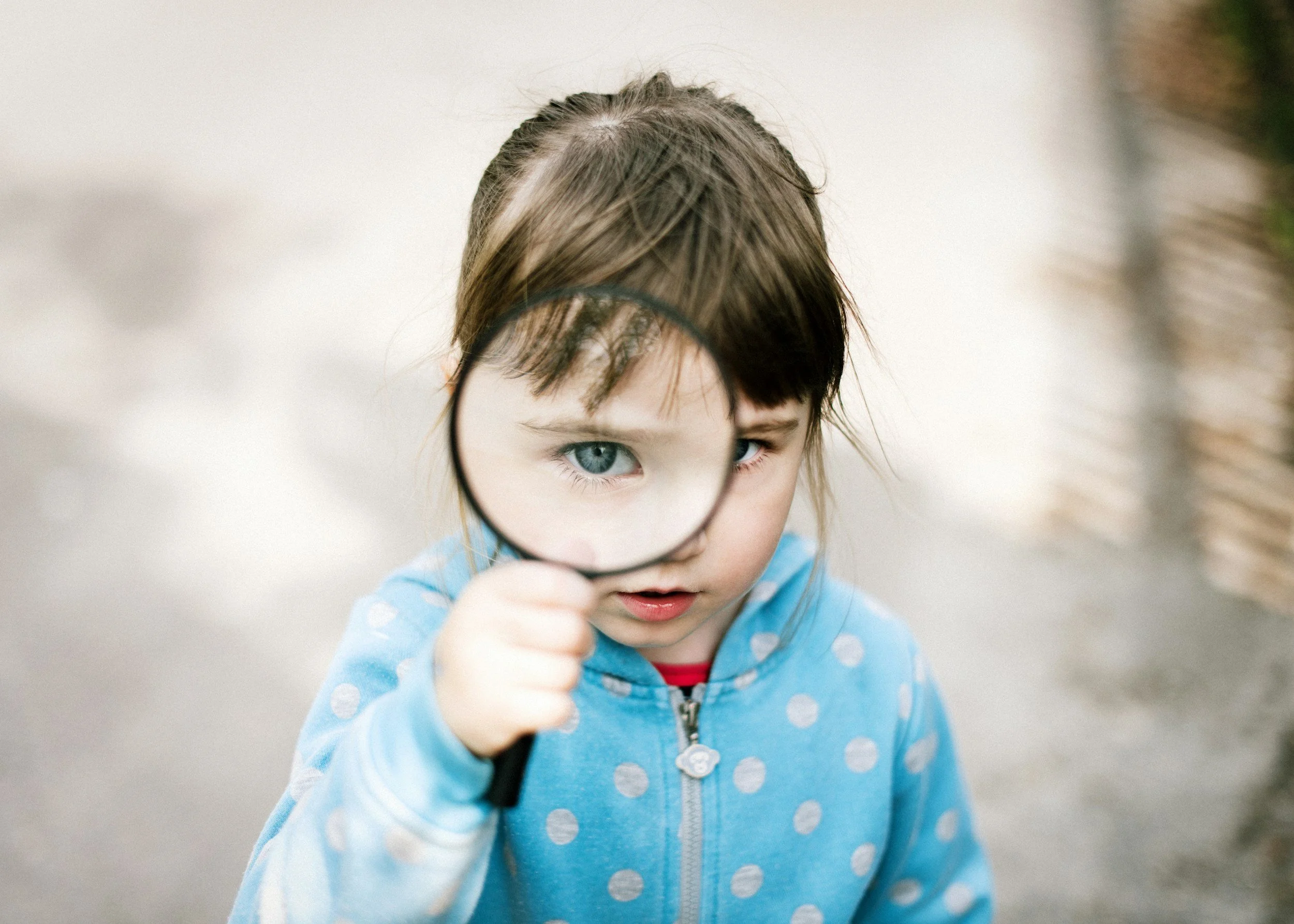


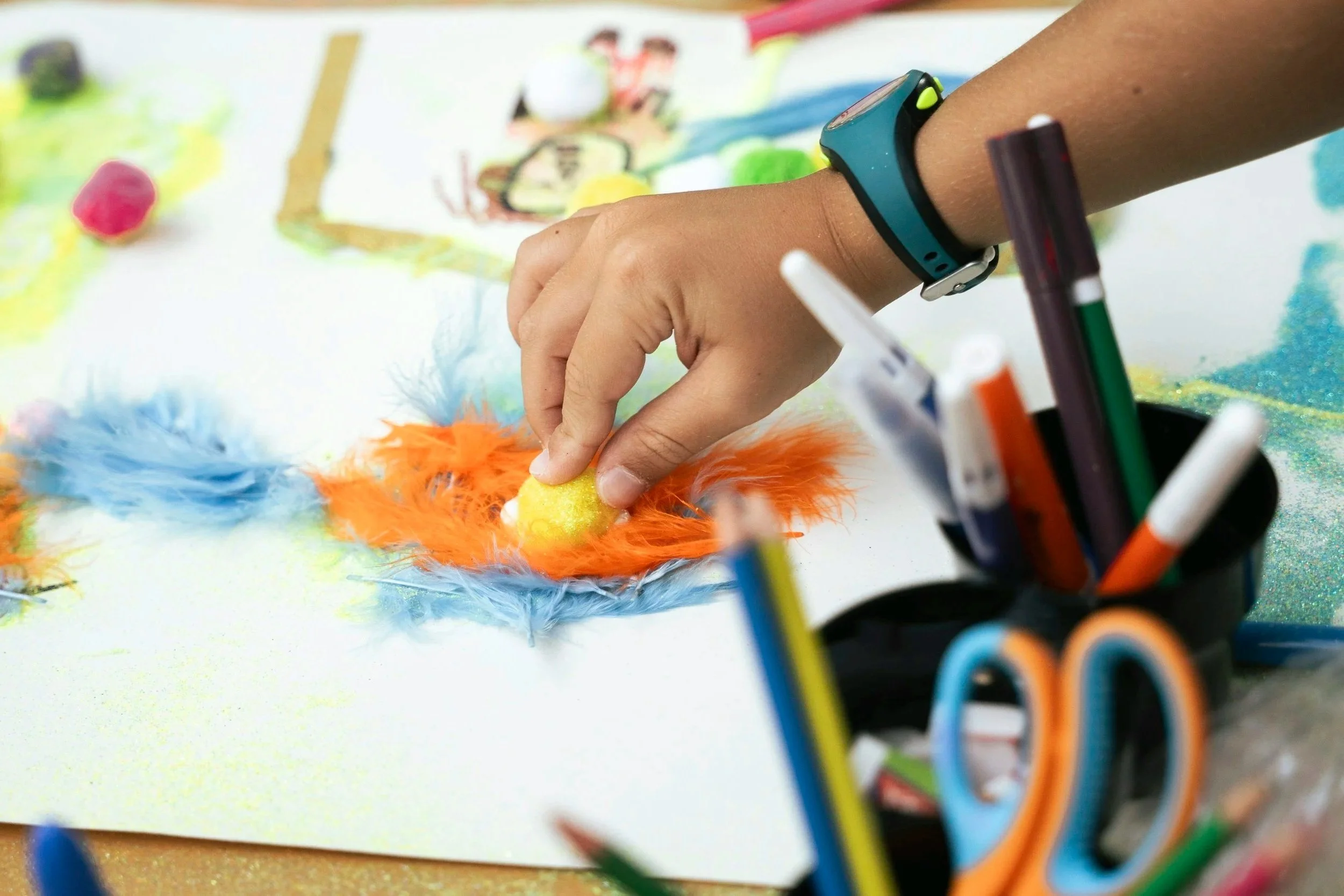
![How to [Realistically] Face A Bully](https://images.squarespace-cdn.com/content/v1/64f7406998895619a632c4af/1756838967301-4M7KBDSQM8UP0HSXSXVG/How+to+face+bullying.png)
















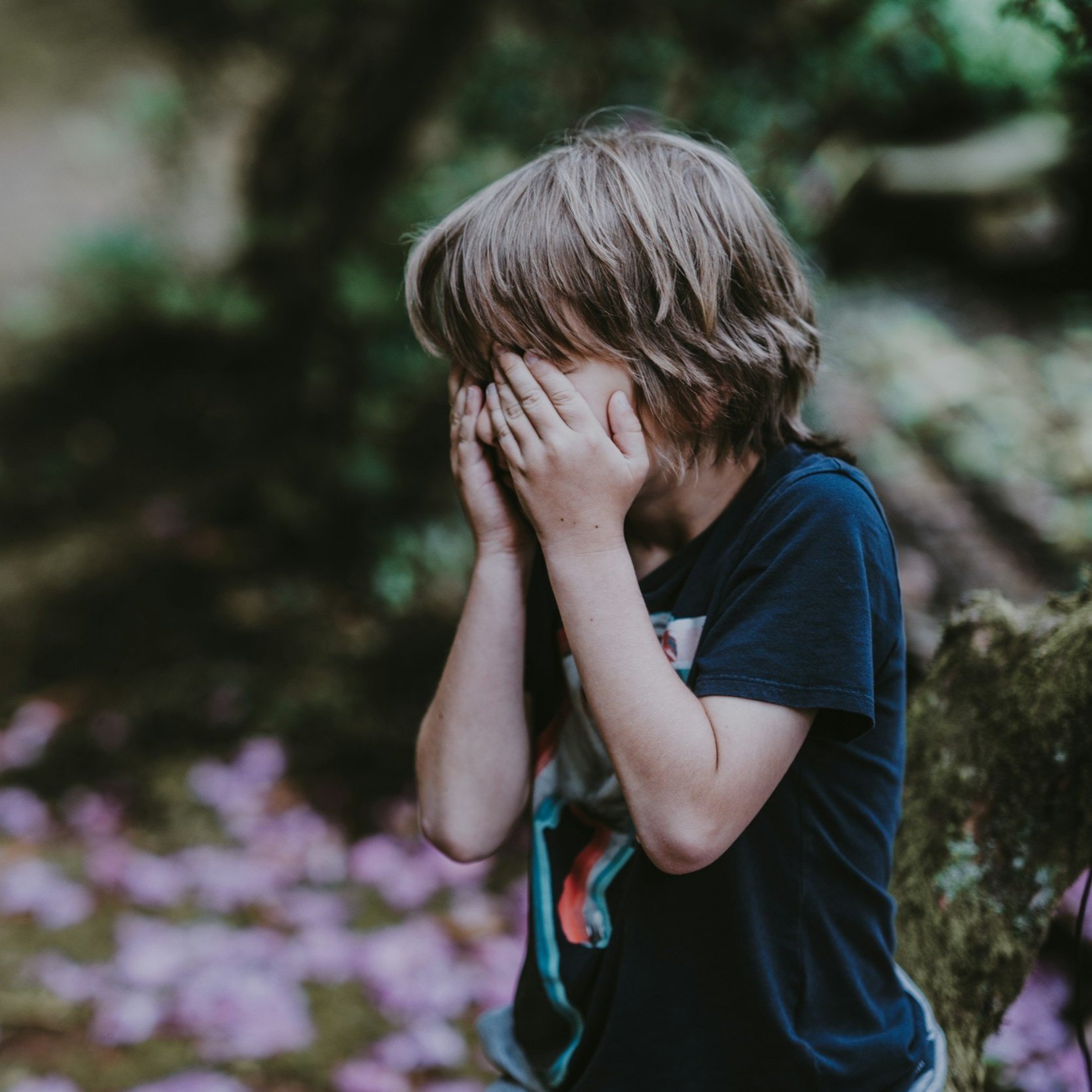

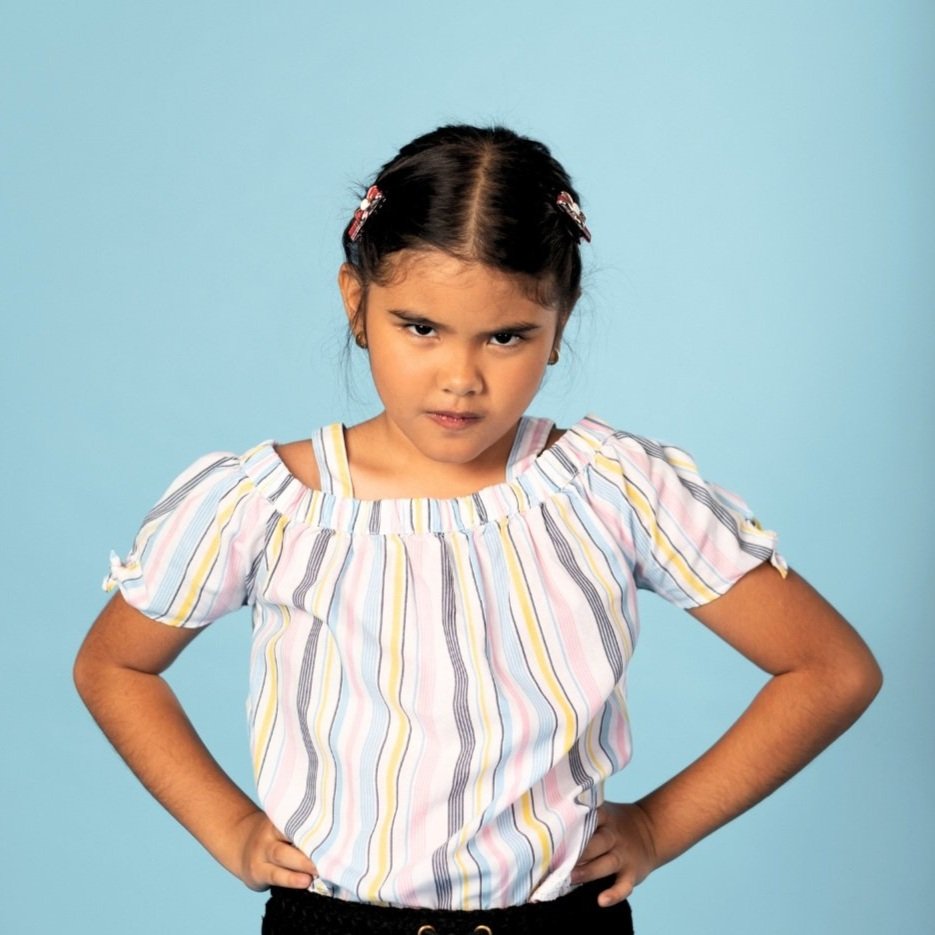
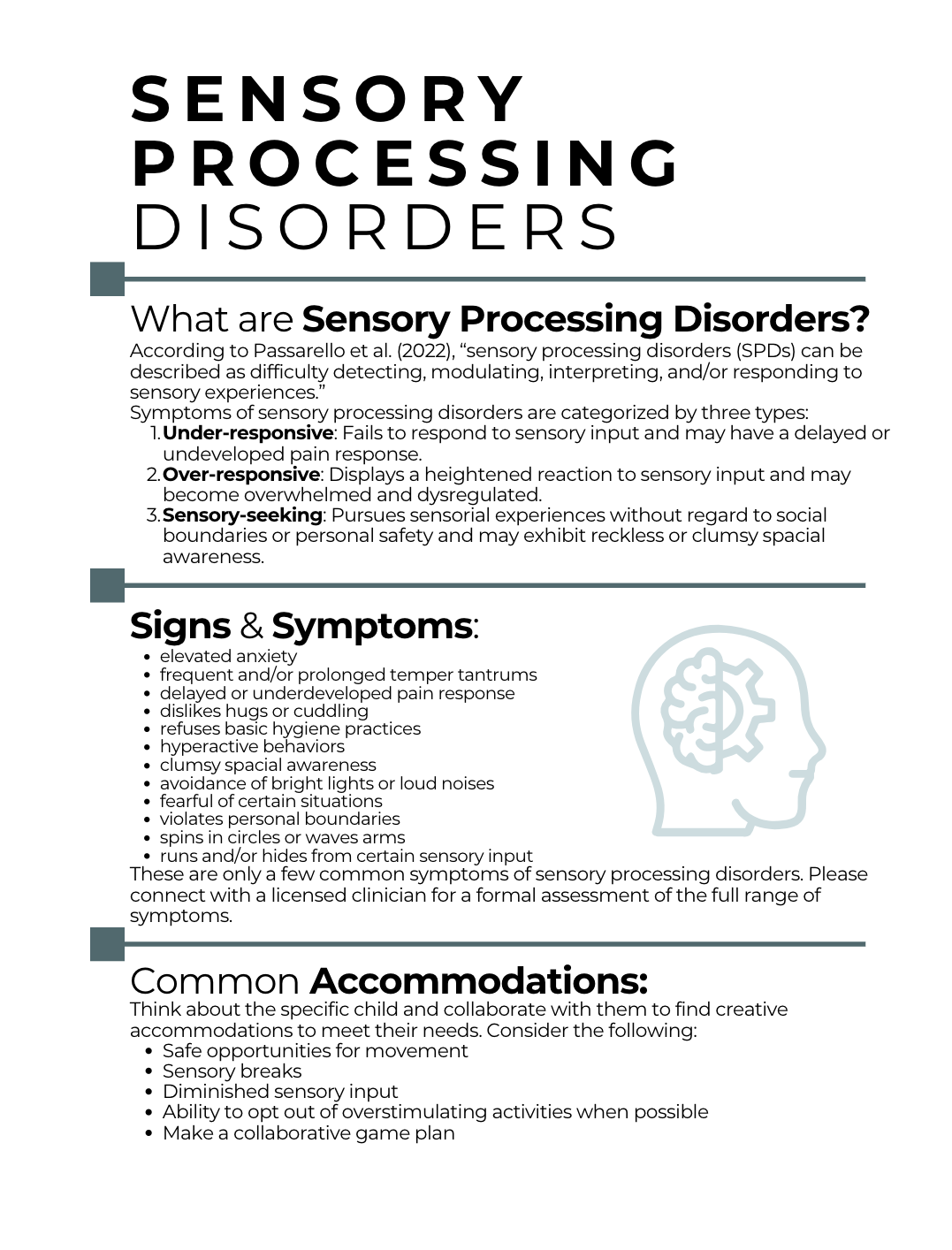
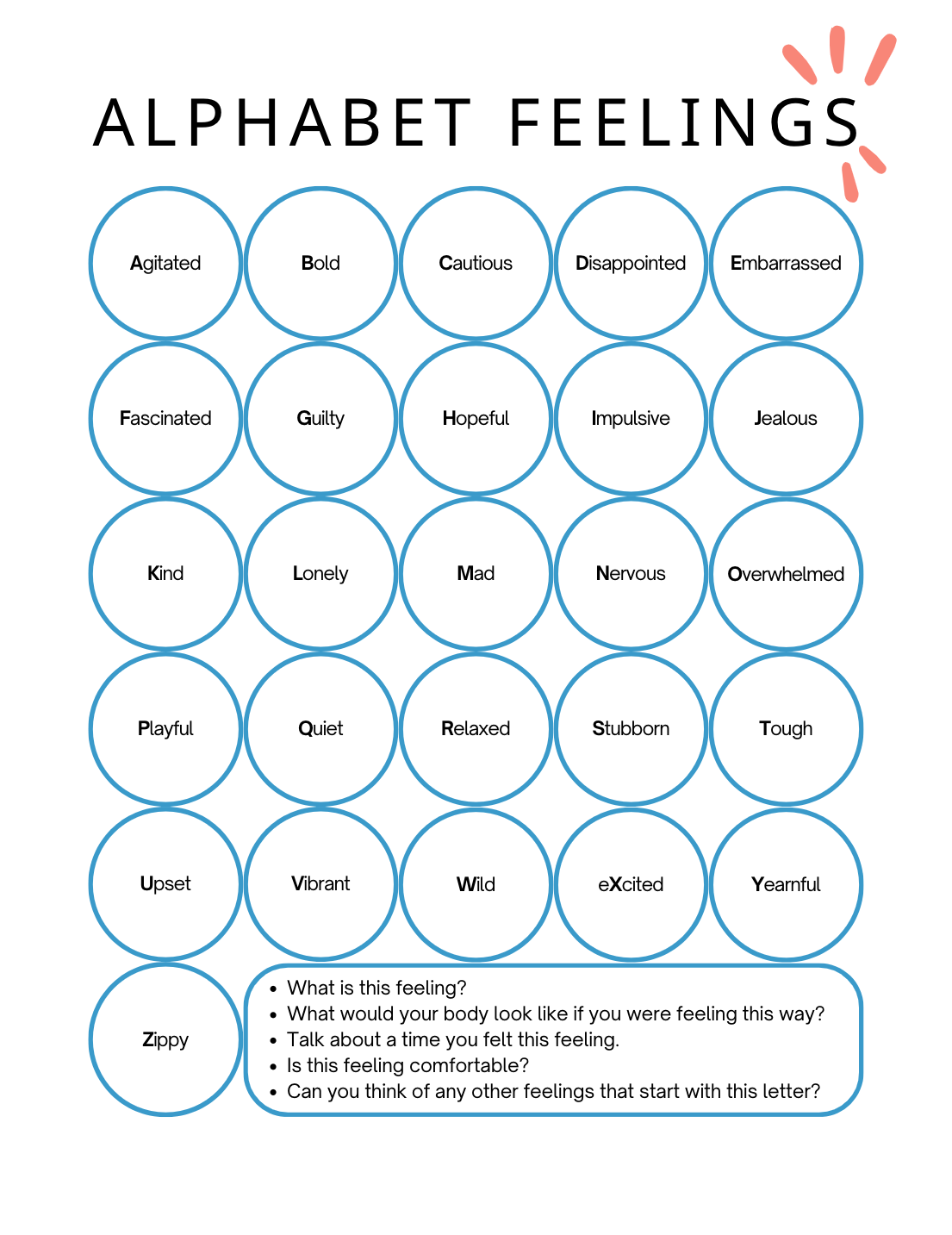
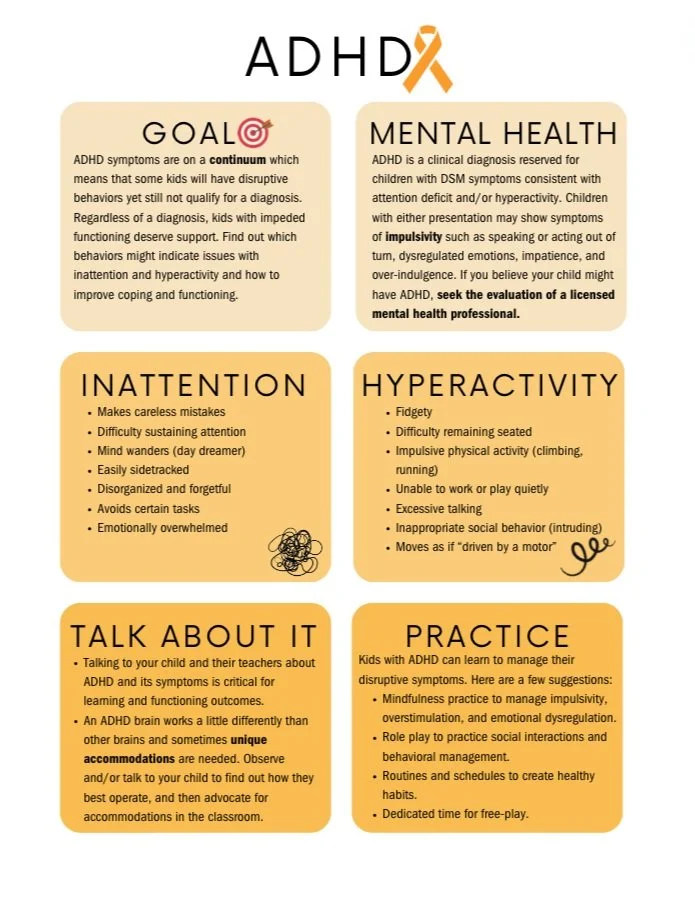


Emotional Freedom Technique (EFT) tapping is a gentle, evidence-based method. The bilateral stimulation of acupressure points through tap can help us process complicated thoughts and feelings, and reinforce affirmations. The technique combines focused thinking with sensory activation to rewire thought and behavior patterns.
Learn more and print our FREE guide.